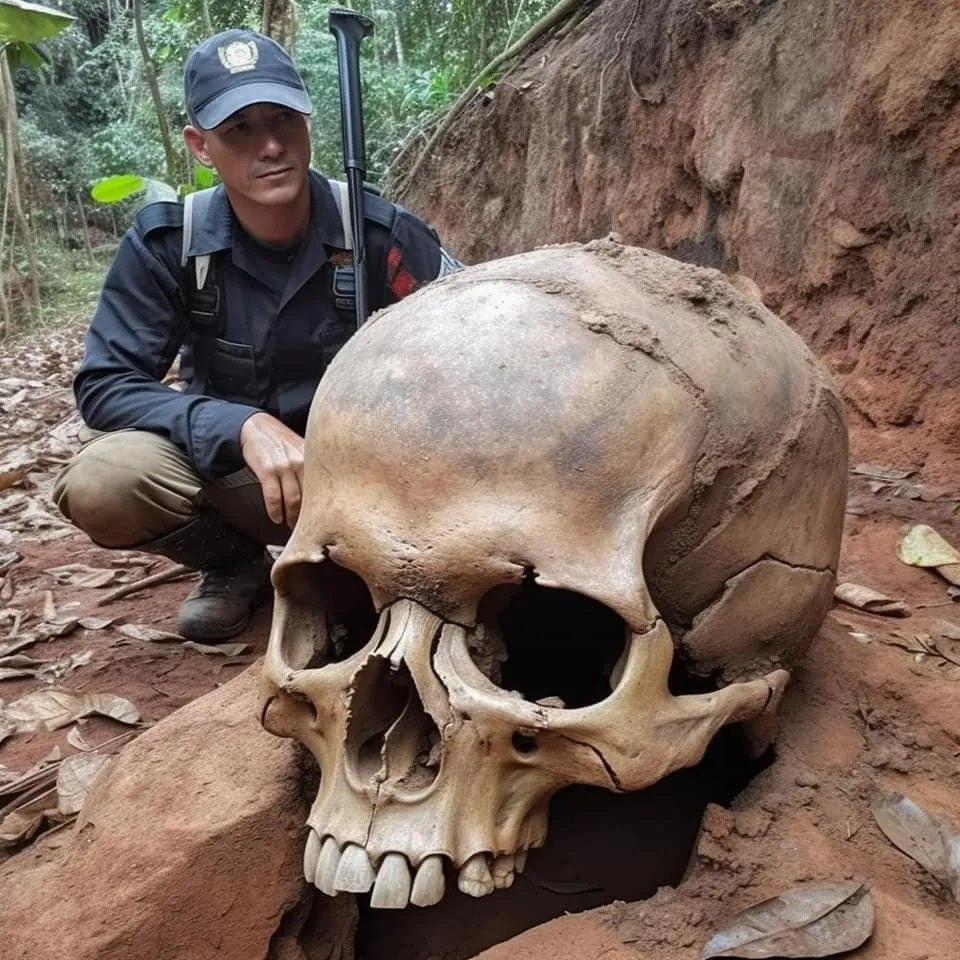In an unprecedented discovery that bridges the ancient world with modern understandings of health and intimacy, scientists have unveiled what appears to be a 3,000-year-old ‘condom’ once belonging to the Egyptian Pharaoh Tutankhamun. This remarkable find, unearthed within the depths of Tutankhamun’s tomb, offers fascinating insights into the personal life of one of history’s most iconic figures.

The artifact, crafted from linen and treated with olive oil—a practice thought to increase durability and comfort—represents one of the earliest known attempts at personal protection. Its discovery challenges previous assumptions about ancient practices of health and sexuality, highlighting a sophisticated awareness of sexual health that predates modern methods by millennia.

Researchers were initially skeptical about the artifact’s purpose until detailed chemical analysis and comparison with historical texts confirmed its use. The presence of olive oil, known for its properties as a natural lubricant and preservative, further substantiated the theory, shedding light on the ingenious methods ancient Egyptians employed for personal care.

The find not only illuminates aspects of King Tutankhamun’s reign and personal life but also provides a unique perspective on the health practices of ancient Egyptian royalty. “This discovery is a testament to the complexity of ancient Egyptian culture and their understanding of health practices,” remarked the lead archaeologist on the project. “It also prompts us to reconsider our perceptions of ancient societies.”
The unveiling of this ‘condom’ has sparked widespread interest among historians, archaeologists, and the general public, eager to learn more about the private lives of ancient Egyptians. It is hoped that this discovery will encourage further research into ancient practices of health and sexuality, offering new insights into the lives of one of history’s most fascinating civilizations.
This artifact is set to be displayed in an upcoming exhibition dedicated to the life and legacy of Tutankhamun, providing an intimate glimpse into the world of an ancient pharaoh and the sophisticated society he inhabited.



